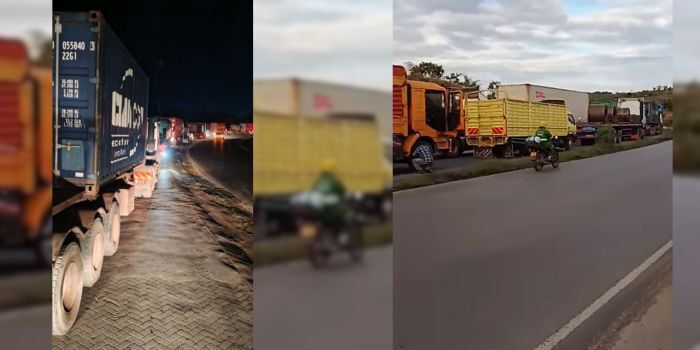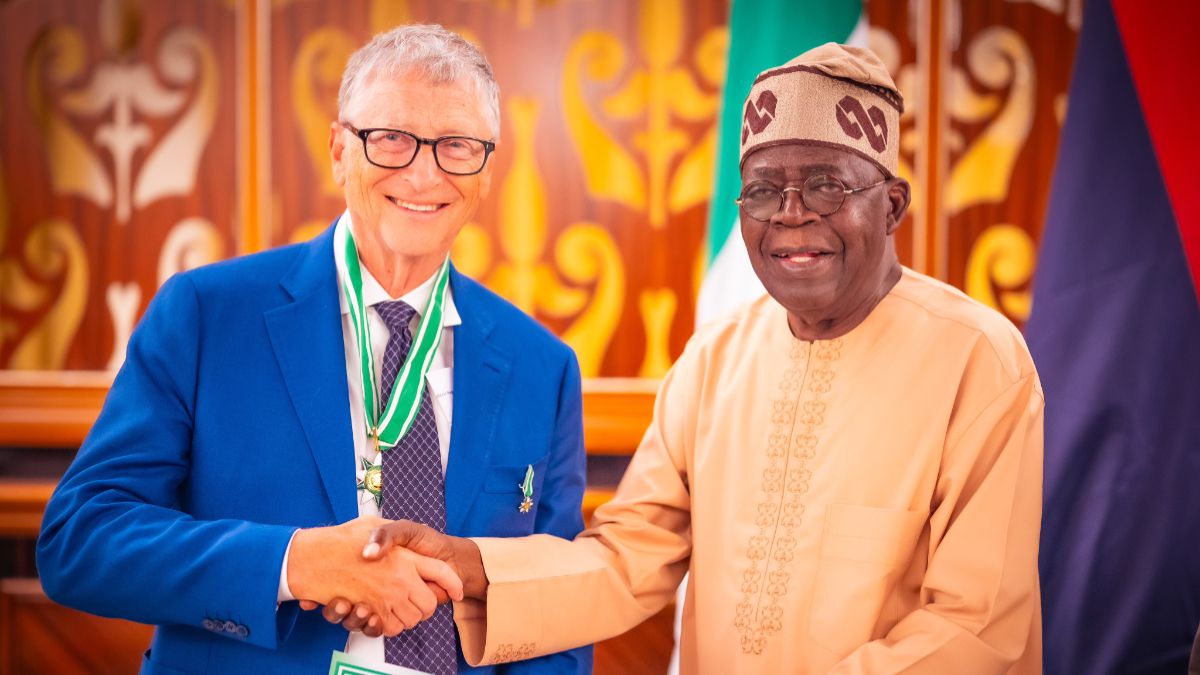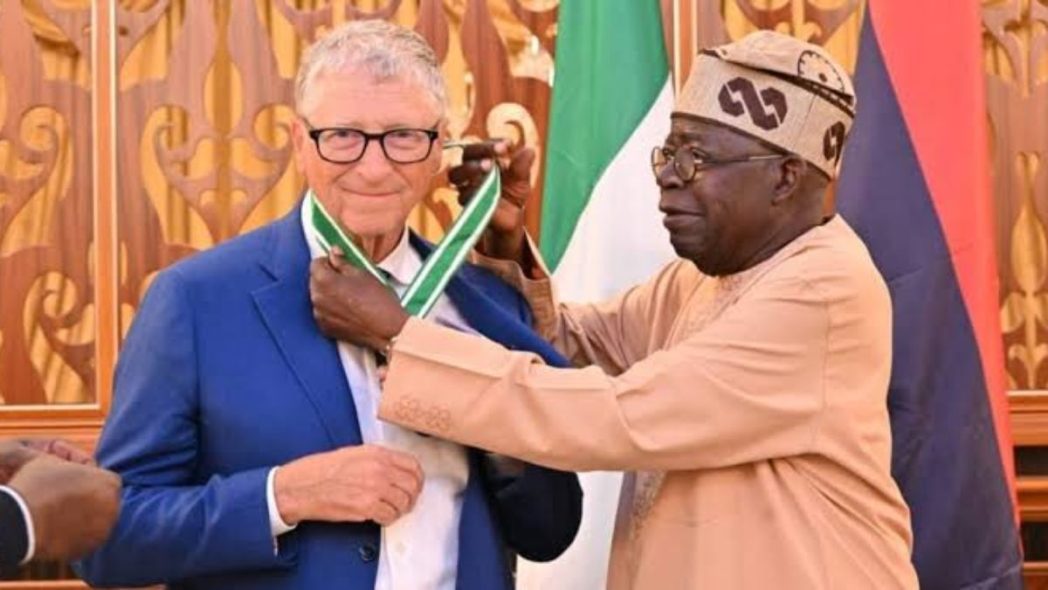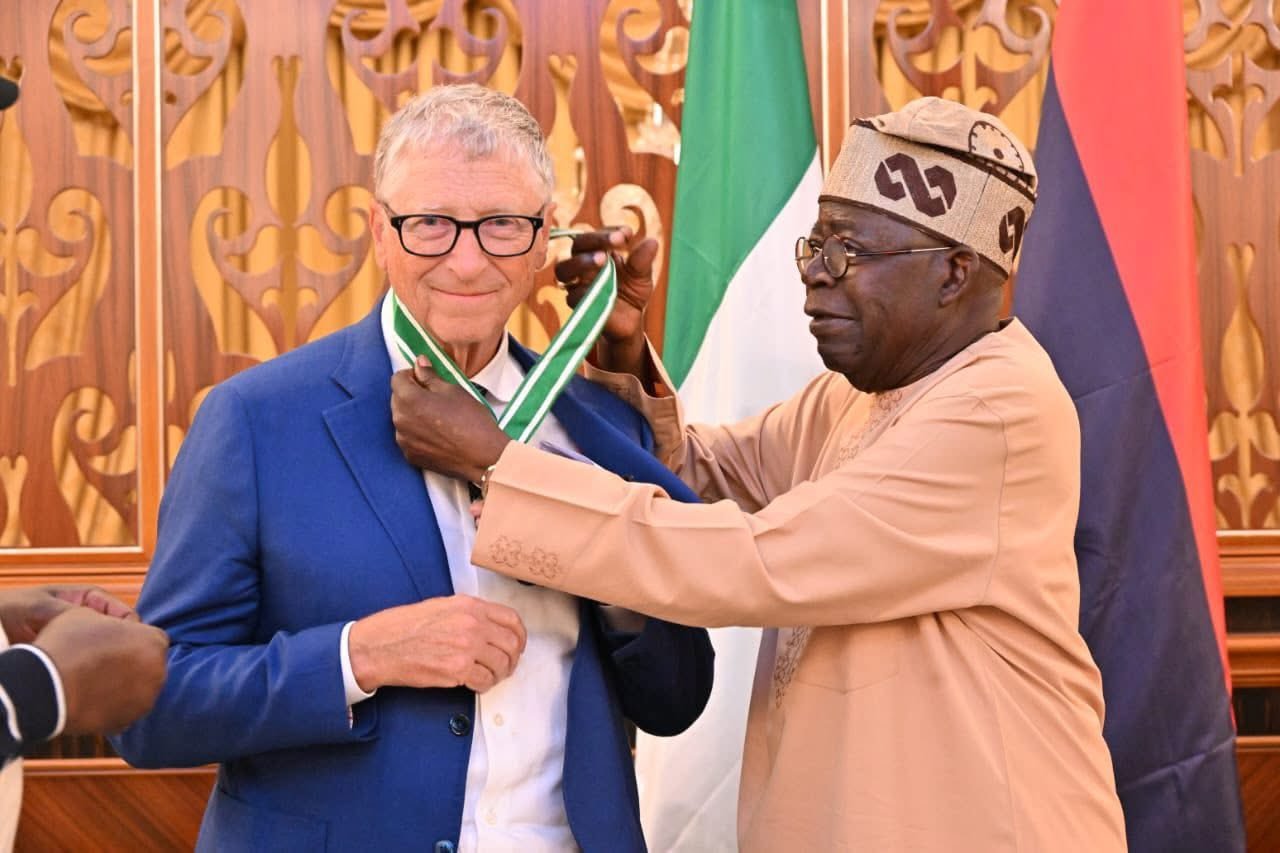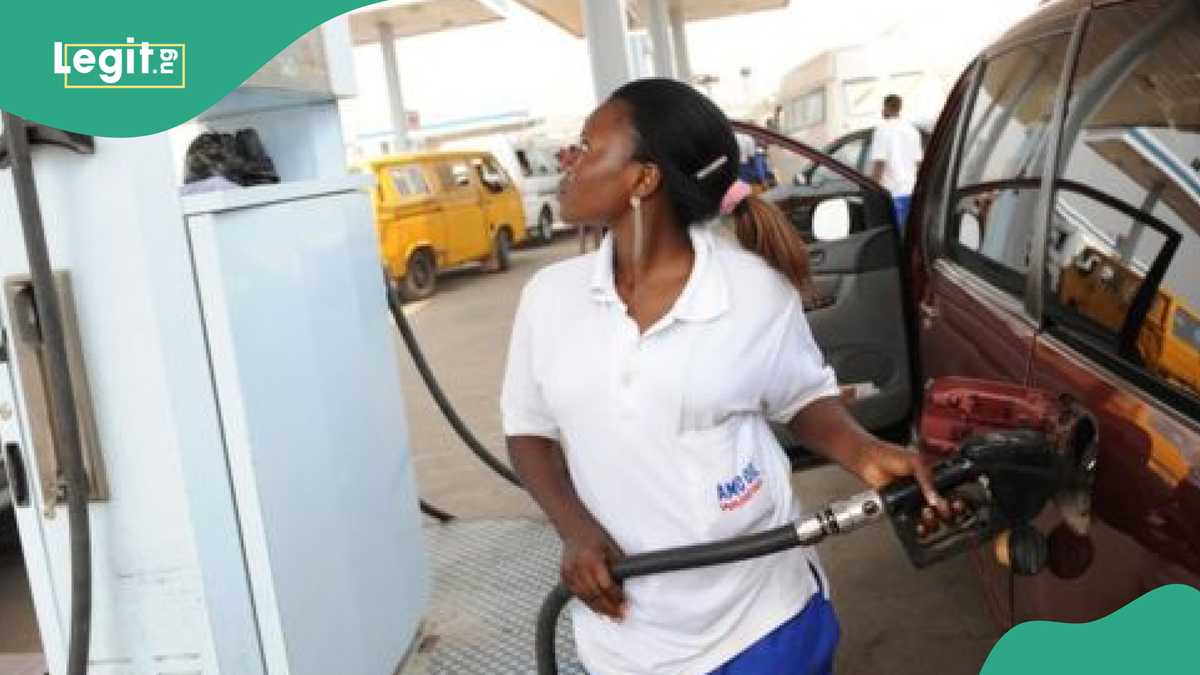Dangote Says Nigerians Pay 55% Less for Petrol as Refinery Cuts Import Dependence

Aliko Dangote, president of the Dangote Group, says Nigerians are paying nearly half of what their West African neighbors spend on petrol, thanks to local refining at his multi-billion-dollar refinery.
Speaking during a visit to the refinery by Omar Touray, president of the Economic Community of West African States (ECOWAS) Commission, Dangote said: “In neighboring countries, the average price of petrol is around $1 per liter, which is about N1,600. But here at our refinery, we’re selling at between N815 and N820.”
“Many Nigerians don’t realize that they are currently paying just 55% of what others in the region are paying for petrol,” he said, insisting that the price gap is a direct benefit of domestic refining, which cuts transport, importation, and demurrage costs.
Register for Tekedia Mini-MBA edition 17 (June 9 – Sept 6, 2025) today for early bird discounts. Do annual for access to Blucera.com.
Tekedia AI in Business Masterclass opens registrations.
Join Tekedia Capital Syndicate and co-invest in great global startups.
Register to become a better CEO or Director with Tekedia CEO & Director Program.
But while the announcement has been welcomed, it has also reignited the conversation around the enduring pain caused by the removal of fuel subsidy, as current pump prices remain far above pre-subsidy levels.
The remarks come months after the Dangote Refinery began rolling out diesel and aviation fuel and distributing petrol. The facility was long-touted as Nigeria’s solution to crushing import costs and a key buffer in the aftermath of President Bola Tinubu’s decision to end the petrol subsidy in May 2023, which sent fuel prices soaring from under N200 per liter to over N600 — and later above N1,000 in some parts of the country.
Since then, Nigerians have looked to the Dangote Refinery to help ease the burden. While the company has made a series of downward adjustments to diesel and now petrol, many say the reductions still fall short of expectations.
When compared to prices in neighboring countries, Dangote’s N815–N820 pricing is in a relatively better position. But within Nigeria, this level still represents a more than 300% increase from what Nigerians were paying before the subsidy was scrapped.
Though Dangote did not mention a timeline for further price cuts, he hinted at “a much larger initiative in the pipeline” that he says will deliver “maximum benefit” to Nigerians.
“This refinery is built for them,” he said.
But with household incomes stretched and inflation pushing basic necessities out of reach, any relief offered by local refining is yet to bridge the gaping hole left by the end of government-backed fuel discounts.
Dangote argued that the refinery is more than just a business venture. He framed it as a symbol of economic self-reliance, saying: “As long as we continue importing what we can produce, we will remain underdeveloped.”
He also addressed widespread doubts over the refinery’s capacity.
“Some people have said we don’t even produce enough to meet Nigeria’s needs. But now, they are here to see the reality for themselves — and more importantly, to encourage other nations to embark on similarly large-scale industrial projects,” he said.
Citing the diesel market, he noted that prices fell sharply from N1,700 to N1,100 when local production started, and have since declined further.
“This reduction has made a significant impact across various sectors,” he said, including agriculture, manufacturing and mining.
Touray, who led the ECOWAS delegation, praised the refinery’s ability to meet the 50 parts per million (ppm) sulfur standard — something he said many imported fuels still fail to meet.
“We are still importing products below our standard when a regional company such as Dangote can meet and exceed these requirements,” Touray said. He called on the private sector to take the lead in West Africa’s industrialization, saying the region can no longer make decisions for businesses “from a distance.”
He also pledged ECOWAS’ full support for companies like Dangote to access broader markets across the region and urged African countries to emulate Nigeria by developing infrastructure that serves regional economies.
“As we mark 50 years of ECOWAS, we are more committed than ever to bringing the private sector to the table,” Touray said, pointing to industrial development as key to reducing youth unemployment, poverty, and insecurity.
While Dangote’s refinery has finally begun supplying petrol — after several delays — and has introduced measurable cost relief relative to regional markets, the relief is tied to international oil prices. This means that the refinery could increase the price if the oil price, currently trading around $60 per barrel, goes up.








